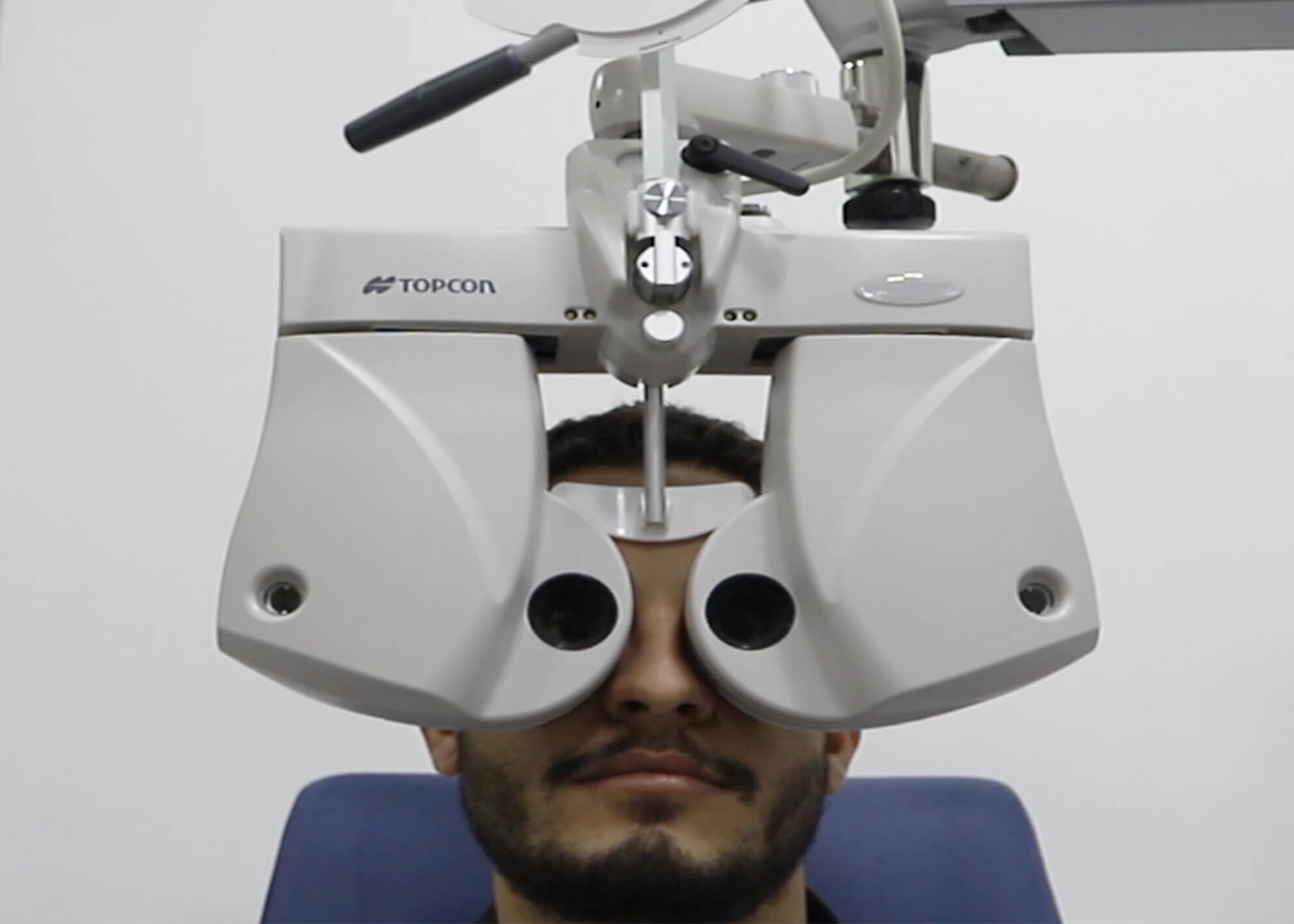Blurry Vision Explained: Causes, Symptoms, and Effective Management
Blurred Vision: The Modern Dilemma
In today's digital age, blurred vision has become a prevalent issue due to the prolonged use of computers and screens, as well as major lifestyle changes. This condition can arise from damage or changes to various parts of the eye, such as the cornea, conjunctiva, lens, retina, or optic nerve. It can affect one or both eyes, manifest suddenly or gradually, and occur at any age. Understanding the most common causes of blurry vision is essential in restoring clarity to our world.
Eye Strain and Blurred Vision: A Modern Epidemic
Eye strain is the leading cause of blurred vision in our modern society. Prolonged screen time, extensive driving, and reading in dim light contribute to this issue.
Corneal Causes of Blurry Vision: Unveiling the Irregularities
Corneal surface irregularities can lead to different types of refractive errors, including nearsightedness, farsightedness, or astigmatism. Additionally, corneal abrasions or ulcers may occur due to eye trauma or contact lens usage. Severe dry eye can also cause corneal punctate.
Conjunctival Causes: Infectious Intruders
Conjunctivitis, commonly known as pink eye, is frequently caused by viral or bacterial infections. If left untreated, it can extend to the cornea and result in blurry vision.
Lens-Related Causes: Aging and Beyond
The aging process can cause changes in lens protein, leading to the opacification of the once clear crystalline lens, a condition known as cataract. However, cataracts can also develop in younger individuals with risk factors such as medication use or underlying conditions like diabetes.
Retinal Causes of Blurry Vision: The Underlying Deterioration
Age-related macular degeneration is a common occurrence in older individuals and can manifest as either dry or wet types. Diabetic retinopathy, characterized by retinal hemorrhages and other changes, is a concern for those with high blood sugar levels. Urgent medical intervention is necessary to prevent vision loss. Retinal detachment, where the retina separates from the back of the eye, is another potential cause.
Neurological Factors: Blurred Vision as a Warning Sign
Transient ischemic attacks, temporary strokes lasting minutes, can serve as warning signs for future strokes. Strokes affecting the brain's vision control or the eye itself can also lead to blurred vision.
How to Maintain Visual Clarity?
1. Regular eye checkups are crucial in preventing major vision loss through early diagnosis.
2. Adhering to the 20-20-20 rule while using screens can alleviate strain: every 20 minutes, take a 20-second break and focus on an object 20 feet away.
3. Managing blood sugar and blood pressure levels is essential.
4. Wearing sunglasses outdoors protects against harmful UV rays.
5. Proper contact lens usage is vital for maintaining eye health.
6. Stay vigilant of any early abnormal eye symptoms and seek immediate professional medical attention.
At Dr. Rami Hamed Center, our Ophthalmology department is committed to preserving your vision health through the expertise of our eye care professionals. Renowned as one of the best eye care clinics in Dubai, our Ophthalmology Specialists provide comprehensive services for cataract, retina treatment with laser, and refractive surgeries.









